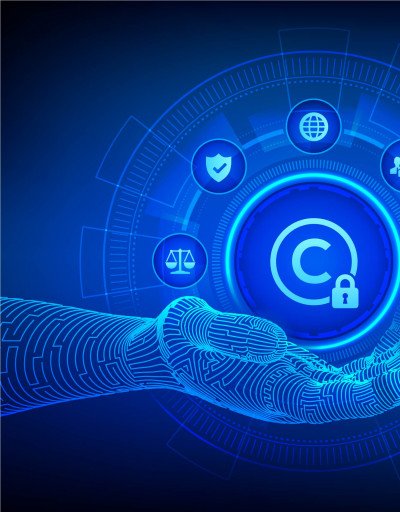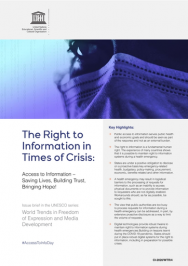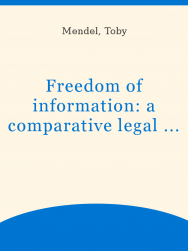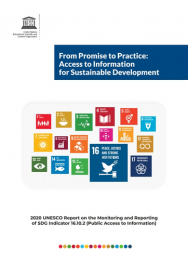
Right to Information
UNESCO advocates for access to information as a fundamental freedom and a key pillar in building inclusive knowledge societies. The organization promotes rights and values outlined in the Article 19 of the Universal declaration of Human Rights. Access to information serves as an integral part of freedom of expression and is an important tool for promoting the rule of law, other rights and building trust. It is an enabler for sustainable development in areas such as health, environment, addressing poverty and fighting corruption. UNESCO assists Member States to comply with and implement international treaties and agreements, norms and standards related to universal access to information as well as to contribute towards peaceful societies (SDG 16). The General Assembly of the United Nations appointed UNESCO in in September 2015 as the custodian UN agency for global monitoring of Sustainable Development Goal (SDG) indicator 16.10.2 : “number of countries that adopt and implement constitutional, statutory and/or policy guarantees for ’public access to information".
Highlights
Our Challenges
In Numbers
Our Publications





